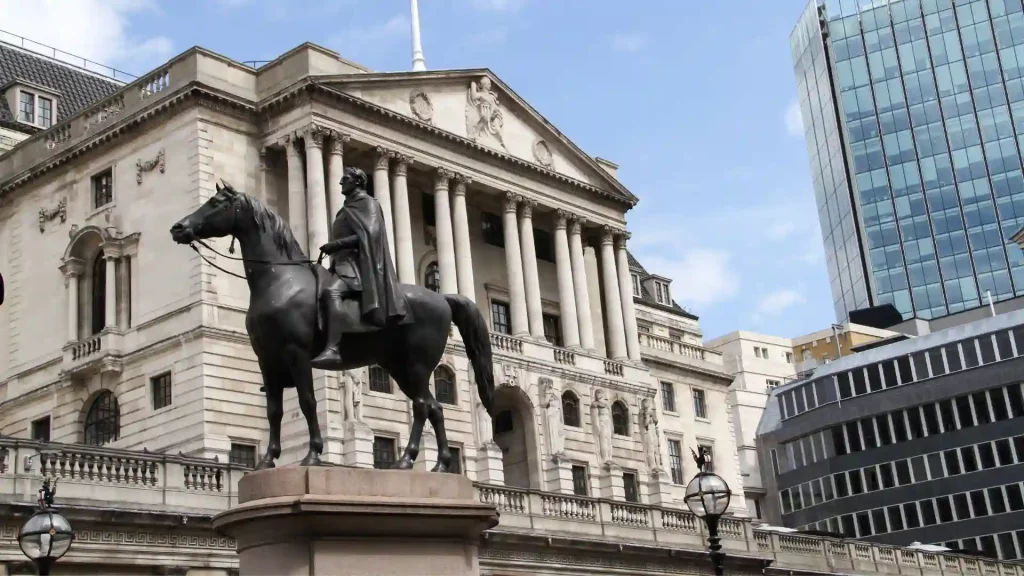The Bank of England intends to increase its interest rates from three-quarters of a percentage point to 3% on Thursday, making it the largest rate hike since 1989 alongside the economic instabilities the country currently faces due to soaring inflation in 40 years.
The Bank of England intends to increase its interest rates from three-quarters of a percentage point to 3% on Thursday, making it the largest rate hike since 1989 alongside the economic instabilities the country currently faces due to soaring inflation in 40 years. The last rate hike was on September 22, 2022, and this saw political and market turmoil which was followed by a shake-up in the economy as Former Prime Minister Liz Truss’s government announced an unfunded 45-billion-pound package for tax cuts.
The measures taken by the Truss government earlier were meant to cool down the recession and enable long-term growth in the country but the plan backfired causing the pound to fall to a record low against the US dollar and forcing BOE to intervene. British economic problems still persist even after markets become stable with the government borrowing costs returning to the same level as it was before, and the Bank of England began to sell bonds from the 838 billion pounds quantitative easing stockpile.
The growth of the economy however is receding, and consumer price inflation stands above 10% which shows the highest level in 40 years and is likely to have increased when regulated energy prices increased. The Bank of England’s decision will add to the cost-of-living crisis for the people as the increase in rates by the banks will cause the retail lenders to push up rates for their loans.
The Consumer Price Index rose in the month of September 2022 by 0.5% on a monthly basis compared to 0.3% in September 2021. The present Prime Minister Rishi Sunak attempts to calm down markets by increasing the taxes in the new budget during November even though such a measure would be hard-hitting on the economy. Rishi Sunak on Wednesday stated that difficult decisions will have to be made as the times are challenging.
Shweta Singh, a senior economist at British fund manager Cardano states that the Bank of England is facing the difficult task of balancing the increase in rates with a receding economy. She also added that BoE’s dilemma on tightening funds will further increase. The Bank of England’s task becomes more difficult as there is a lack of clarity over government policy. Most of the tax cuts introduced by the Truss government were reversed and Sunak has also indicated a grip on public spending. Investors expect the bank rate to increase to 3.5% in the month of December and around 4.7% in the month of May which will be the highest since 2008.
The unemployment rate in the three months till August reached 3.5% which is the lowest since 1975 as many workers quit their jobs while the average wages saw a 6% rise compared to the previous year. Bank of England also has concerns over the pressures from the labor market. The central bank rose rates starting last December and another hike would be its eighth increase in a row
The central banks in other countries especially the West face similar issues. Covid 19 and labour shortages have caused a rise in inflation, in Europe, there is an incessant surge in energy bills due to the Russia-Ukraine war. In America, the US federal reserves announced the hiked interest rates by 75 basis points in order to control inflation as it could be approaching its final phase. The decision lifts the target for the benchmark federal funds rate to a range of 3.75% to 4%.
